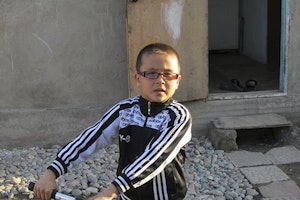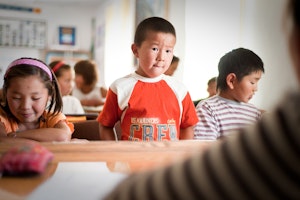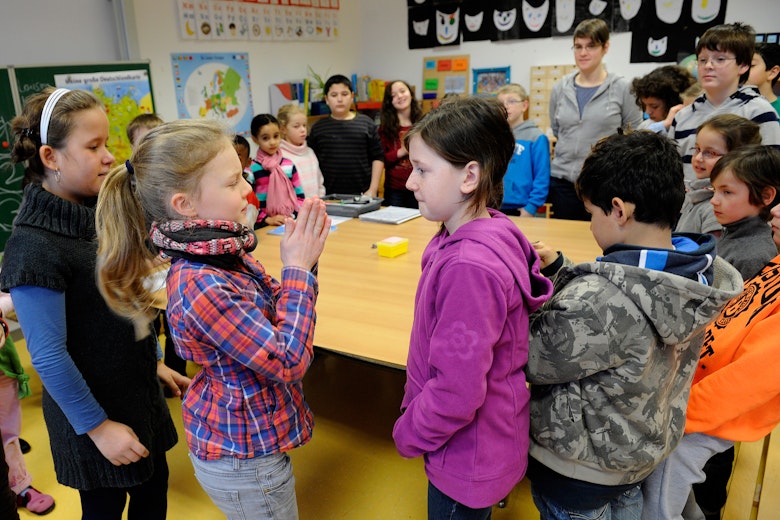To Promote Change, Support Teachers
By Camilla Croso

I fell in love with education and learning at school, particularly through literature. Studying the art of words, its content and rhythms, the imagination and the sensitive domain had a transformative impact on my early years and thereafter; it was both an intellectual and aesthetic experience that spoke deeply to my mind and heart. I am certain that this would not have happened were it not for the commitment and passion of my teacher, who fostered in me an appetite for questioning, interrogating, and imagining that has remained with me to this day.
In his seminal text Pedagogy of the Oppressed, Brazilian scholar Paulo Freire writes, “Knowledge emerges only through invention and re-invention, through the restless, impatient, continuing, hopeful inquiry human beings pursue in the world, with the world, and with each other.” I believe this encapsulates education’s transformative power. It is only through dialogue and critical thinking that meaningful learning can be realized. This has far reaching consequences for our societies; and here, teachers lead the way.
In their classrooms each day, our teachers nurture students to their full potential and empower active citizenship—and yet their role is still gravely undervalued and imperiled. Indeed, the teaching profession is increasingly threatened. According to the 2019 Academic Freedom Monitoring Project, global trends reveal that teachers are being silenced, censored, and even threatened with violence. Authoritarian governments, such as in my native Brazil, target educators and spaces of learning to crush independent thinking, according to a Global Public Policy Institute case study on Academic Freedom in Brazil [PDF]. Too often, teachers are intimidated into not speaking about certain subjects, such as gender, climate change, and human rights.
We must caution against the risk of teachers being substituted for digital technology, stripping the very essence of the pedagogical processes, which is embedded in debate, thinking, and human interaction.
There is also the issue of teacher pay. Data from South Africa’s Ministry for Basic Education show large numbers are leaving the profession, with a teaching and learning international survey citing that 70 percent were unhappy with their pay. The survey found, as well, that across many wealthy countries, only 26 percent of teachers believe that their profession is valued by their society.
Against this backdrop, according to the United Nations Educational, Scientific and Cultural Organization, the COVID-19 pandemic has disrupted learning on a scale not seen since World War II. In parallel, the global crisis has leveraged authoritarian governments to further restrict the rights of their citizens and stifle debate.
How can we emerge stronger from this crisis? As newly appointed director of the Open Society Education Program, I have wrestled with this question. First and foremost, we must acknowledge the role and value of teachers as key agents in ensuring the accomplishment of the right to education, and involve them in decision-making processes while at the same time protecting their labor rights. We must ensure that mechanical rote learning and education banking, which limit debate and discourse, become relics of the past.
As a foundation, we can also work in the environment outside the school system to shift perspectives and elevate the status of teachers, always in dialogue with students and citizens at large. We will aim to fulfill the transformative potential of education. And we believe we are uniquely placed to promote this structural transformation. The right to education goes far beyond access to education. It is about the type of education you receive—an education that exercises and is grounded in democracy and human rights; an education that is contextualized, relevant, and responsive to communities.
This moment is an opportunity to stand with teachers and pay them tribute. As Paulo Freire once said, “There’s no such thing as neutral education. Education either functions as an instrument to bring about conformity or freedom.” Let us go with the latter, and honor teachers, fundamental agents of change, across the world.
World Teachers’ Day takes place on October 5.
Camilla Croso is director of the Open Society Education Program.


